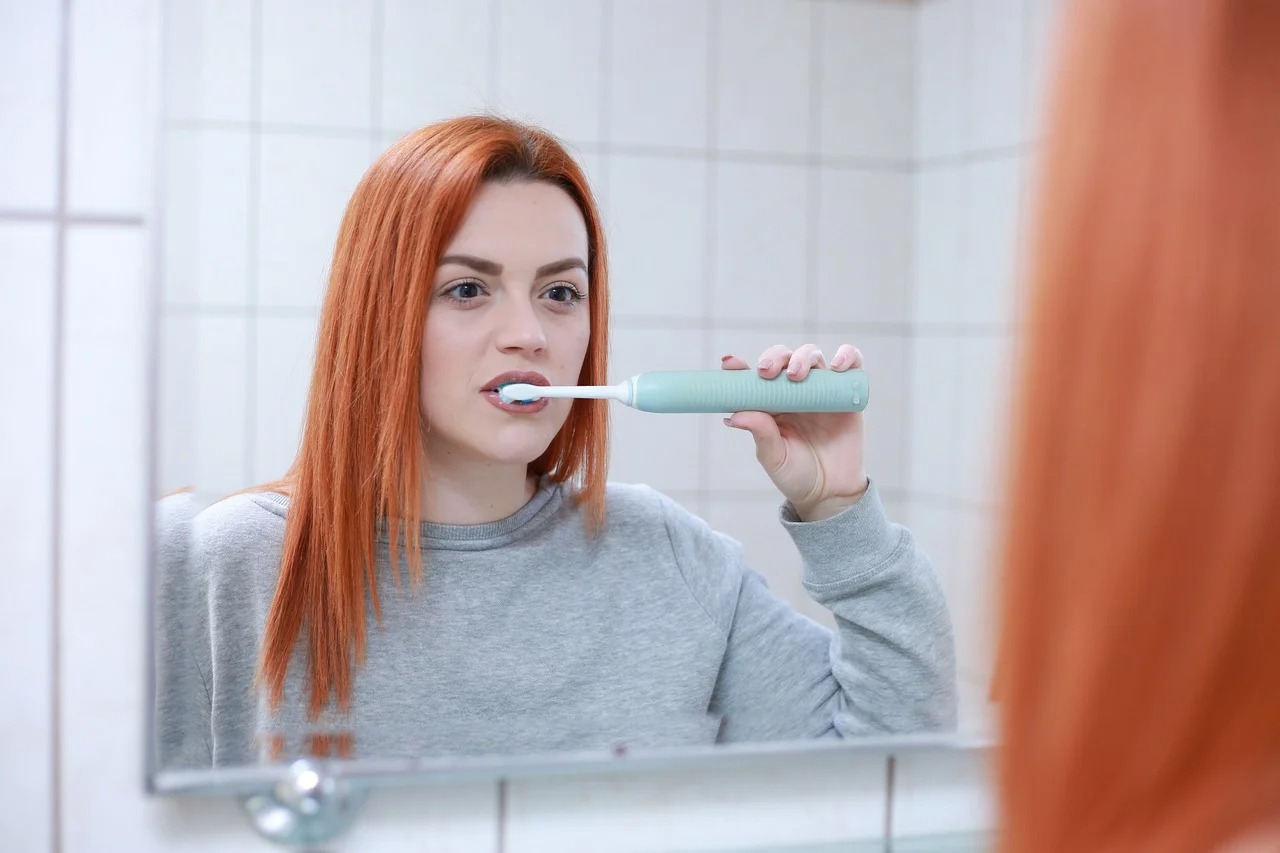
You might brush your teeth twice a day, floss and use mouthwash–just like your dentist recommended. But is it possible that you could brush your teeth too hard? With dental hygiene, there is such a thing as proper technique. Brushing too hard has the potential to damage your teeth and gums, which can lead to problems like enamel wear and receding gums. As a dentist, I often run into patients who believe they’re doing the right thing by brushing aggressively only to find out they’ve been doing it wrong all along.
Signs of Brushing Too Hard
So, how do you know if you’re brushing your teeth too hard? If you pay close enough attention, you might notice the signs.
- Your gums could be receding. Do your gums look like they’re diminishing? This is a telltale sign you might be brushing too hard.
- Your teeth feel more sensitive. If your teeth feel more sensitive or colder in some areas, it could be due to receding gums. When your gums recede, it exposes areas of your teeth that were previously covered. These vulnerable spots are not used to the elements and may cause you to feel discomfort.
- Your teeth are a darker shade near your gums. When your gums recede, it can reveal a darker shade on your teeth because that area doesn’t have enamel. Enamel is the layer of your teeth that acts as a protective covering.
How Do I Keep Myself From Brushing Too Hard?
There are ways to prevent yourself from brushing too hard and protect your gums from receding.
You can do the following to protect your smile:
- Use a toothbrush with softer bristles.
- Use an electric toothbrush.
- Reduce the pressure you’re using by holding the toothbrush with three fingers.
What Should I Do If I Have Receding Gums?
If you think you’ve been brushing too hard and now you have receding gums, set up an appointment right away. I can examine your gums to see the extent of the damage and get you on a treatment plan to go from there. Our hygienists can also assist you with making sure you’re brushing your teeth in a way that is beneficial to your oral health.
Content found on this blog is intended for educational purposes only and should not be used as a substitute for professional judgement, advice, diagnosis, or treatment. Please speak with a professional if you have concerns about your oral health.
